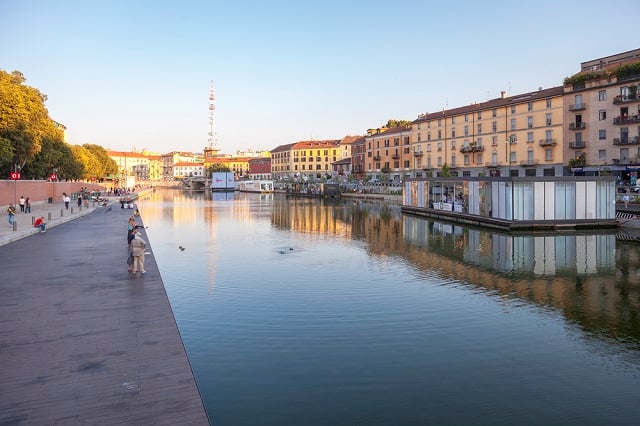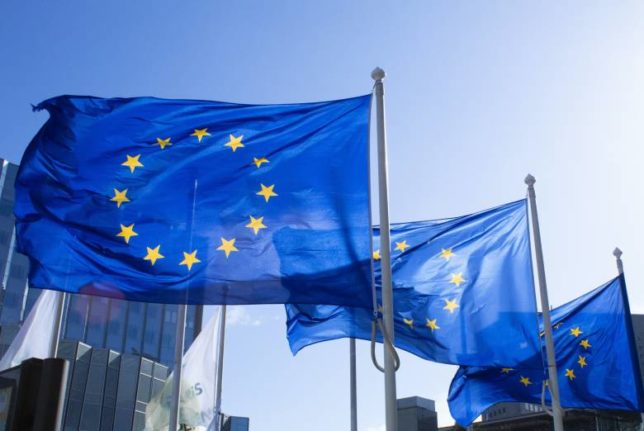The regions – two of Italy's wealthiest – first announced plans for the referenda in April, although the results will not be legally binding.
Lombardy governor Roberto Maroni, of the far-right Northern League, signed the official decree announcing the vote on Monday. May 29th is the date of Lombardy's regional festival, which marks the anniversary of a 12th century battle in which the Lombard League defeated the Holy Roman Empire's army.
“Today is the start of a new history for Lombardy,” Maroni said. “I am very happy and emotional; this is the culmination of many battles, the realization of a dream. Now the people will have their say.”
READ ALSO: Early elections look increasingly likely in Italy – here's why

Maroni (R) is pictured with Veneto governor Luca Zaia (L) and Northern League leader Matteo Salvini. Photo: Tiziana Fabi/AFP
The referendum has the support of Lombardy's centre-right parties as well as the anti-establishment Five Star Movement.
Regions of Italy and their status
The status of the regions of Italy – which only became a unified country in 1861 – is complicated. The peninsula is home to the microstate of San Marino, and the independent city-state of Vatican City, and of the 20 regions, five currently enjoy special status.
The regional councils of Sardinia, Sicily, Trentino-Alto Adige/Südtirol, Aosta Valley and Veneto's neighbour Friuli-Venezia Giulia have been granted special powers by the Italian government over their legislation and administration. It is this sort of privilege that Lombardy and Veneto are fighting for, with greater financial control the biggest issue.
READ ALSO: Italy's political system: Key things to know
Lombardy and Veneto are responsible for producing respectively around 20 and ten percent of Italy's total GDP. They both pay several times more money in taxes to Rome than they receive in investment and services.
Franco Pavoncello, a political science professor and president of Rome's John Cabot University, told The Local in April that the vote was “all about the money” and boosting the politicians fighting for greater regional powers.
“They aren't asking for 'independence' but administrative authority,” Pavoncello explained. “First they'll vote, then in the event of a 'yes', the state will need to decide how to react. There are two main ways the issue could be settled: a reform of the entire country toward a federal system, or the possibility of particular regions being given special status.”



 Please whitelist us to continue reading.
Please whitelist us to continue reading.
Member comments